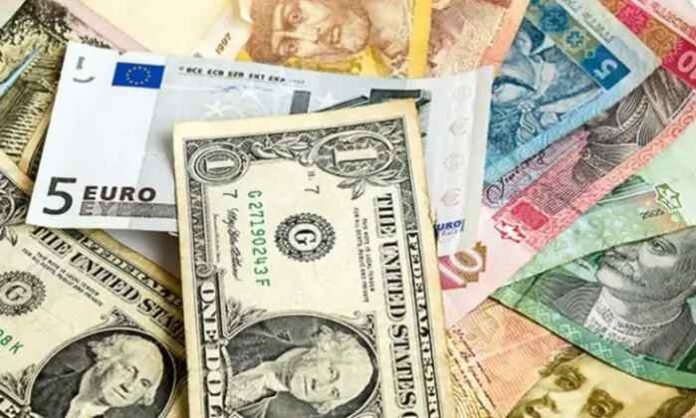The National Bank of Pakistan (NBP) has released its latest foreign exchange bulletin for Tuesday, outlining buying and selling rates across major global currencies. These rates serve as an important benchmark for businesses, traders, and overseas remittance flows.
Dollar Holds Near Rs282 in Interbank
In interbank trading, the Pakistani rupee showed little movement against the U.S. dollar, with the greenback quoted at Rs282.00 for buying and Rs282.50 for selling. While the stability offers short-term relief, market watchers remain cautious given the country’s ongoing external financing challenges.
Euro and Pound Edge Higher
The euro was trading at Rs329.10 (buying) and Rs329.68 (selling), reflecting mild strengthening. The British pound continued its premium position among major currencies, standing at Rs381.09 for buying and Rs381.76 for selling, highlighting persistent demand from importers linked to UK trade.
Regional Currencies and Gulf Rates
The Gulf currencies, closely tied to Pakistan’s remittance inflows, also remained steady.
- Saudi riyal: Rs75.24 (buying), Rs75.37 (selling)
- UAE dirham: Rs77.40 (buying), Rs77.54 (selling)
These levels matter significantly, as Saudi Arabia and the UAE account for the bulk of remittances sent back by overseas Pakistanis.
Other notable rates included:
- Chinese yuan: Rs39.67 (buying), Rs39.74 (selling)
- Singapore dollar: Rs219.86 (buying), Rs220.25 (selling)
- Japanese yen: Rs1.9099 (buying), Rs1.9133 (selling)
Cash Market: Slightly Higher Dollar Premium
On the open market, where physical currency is exchanged, the dollar carried a noticeable premium. The greenback was quoted at Rs279.18 for buying and Rs285.63 for selling, indicating stronger demand in cash transactions compared to interbank flows.
Similarly, the pound sterling traded between Rs376.83 (buying) and Rs385.58 (selling), while the euro moved between Rs325.46 and Rs332.98.
Why These Rates Matter
Daily exchange rates not only affect import costs and remittances but also influence inflationary pressures in Pakistan. With the government pushing reforms and external financing deals to stabilize reserves, the rupee’s performance against the dollar will remain under close scrutiny in the coming weeks.


